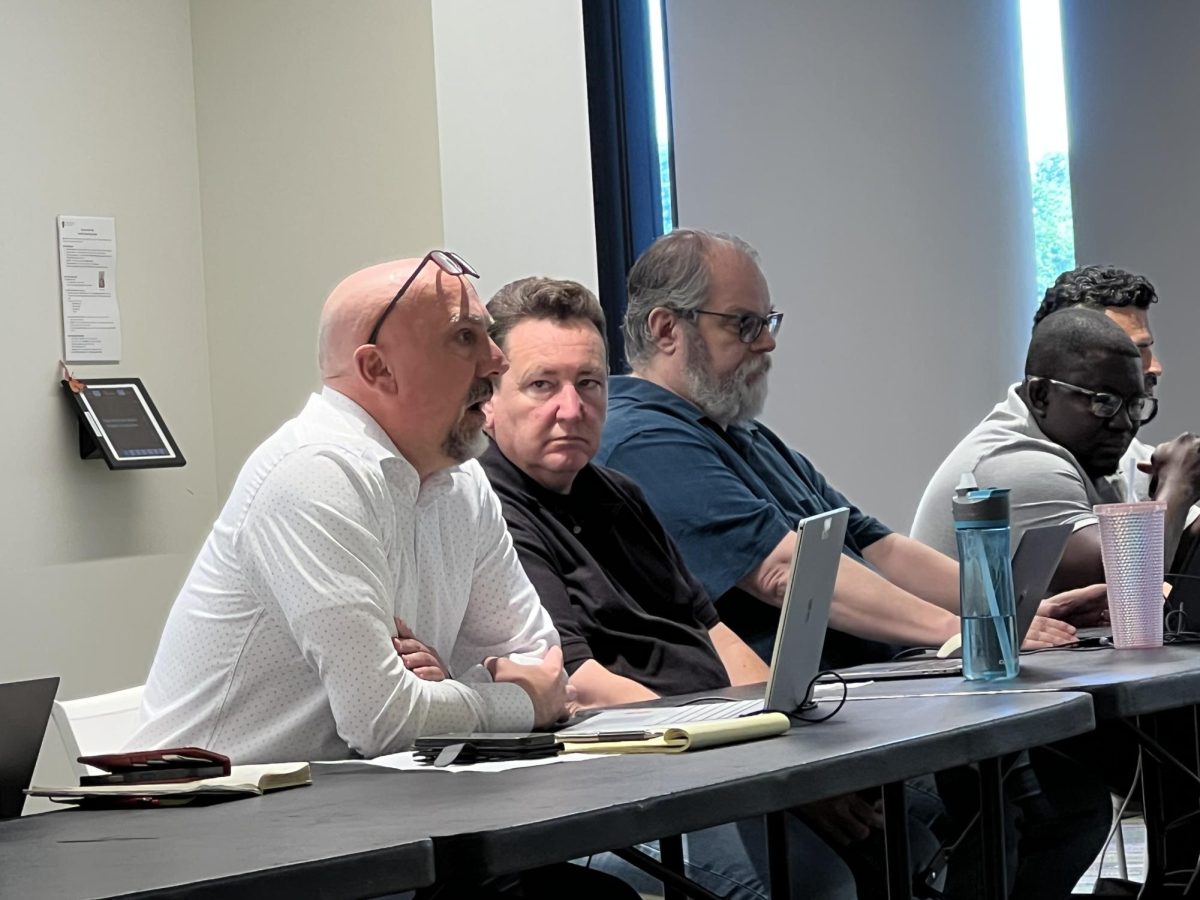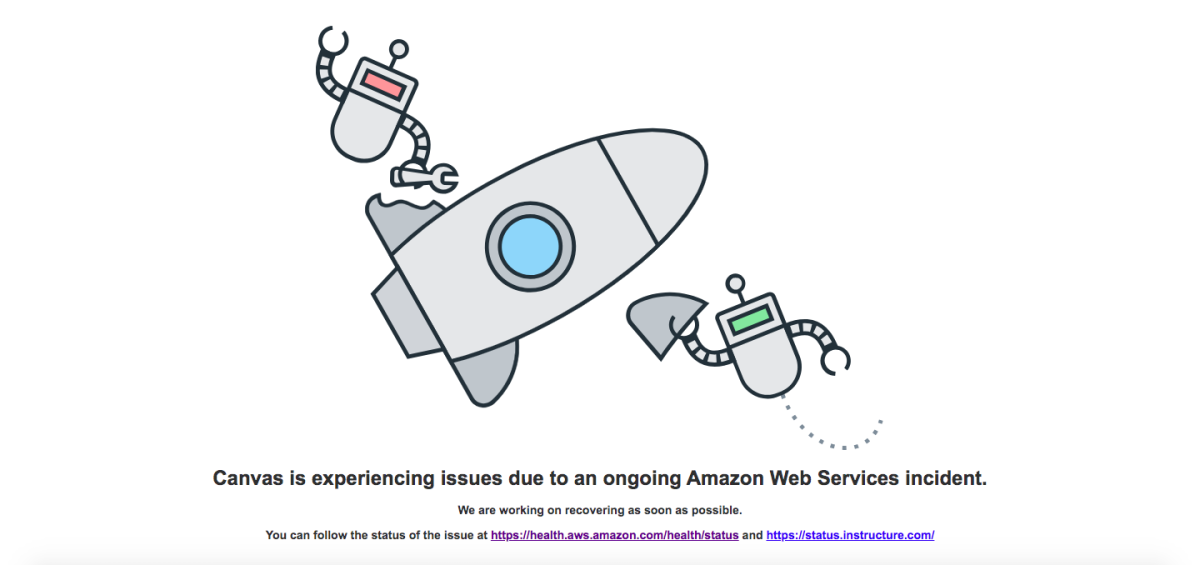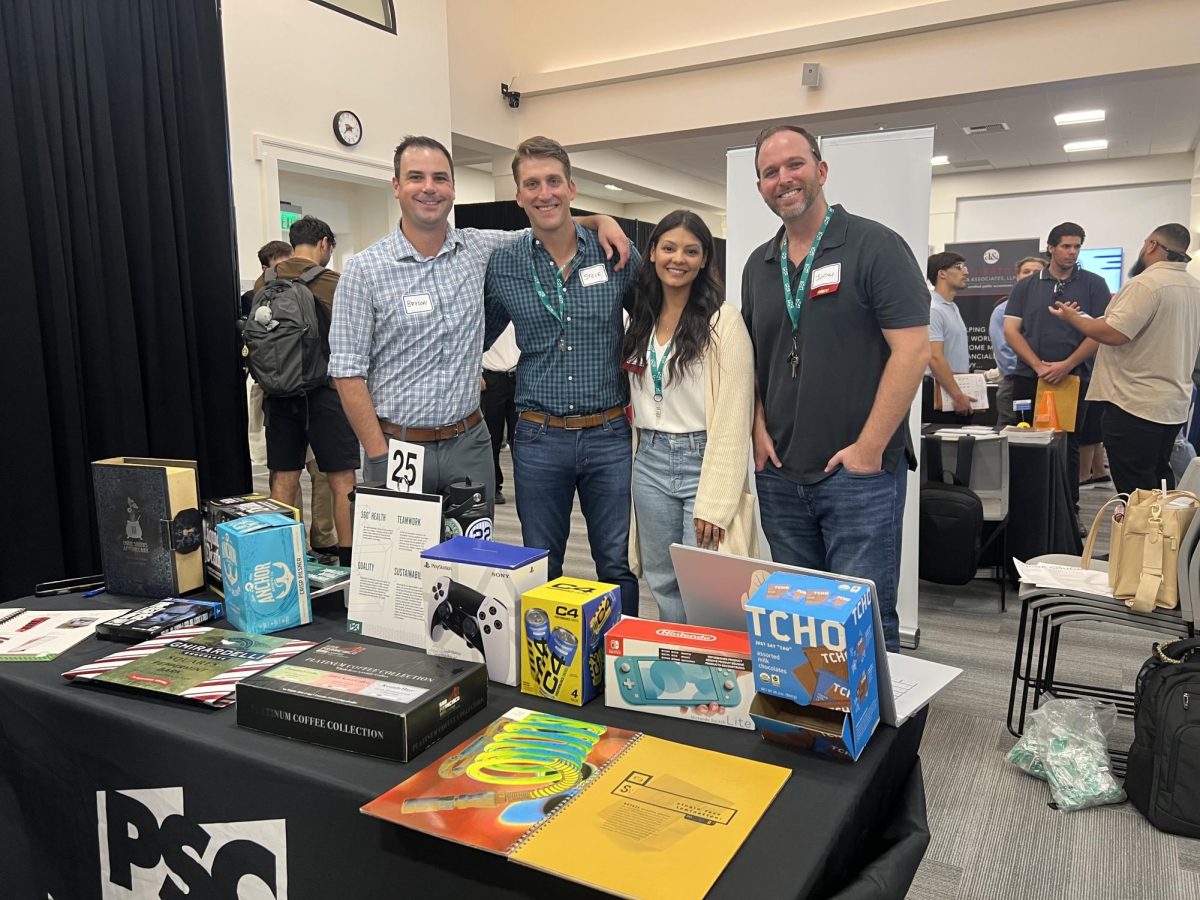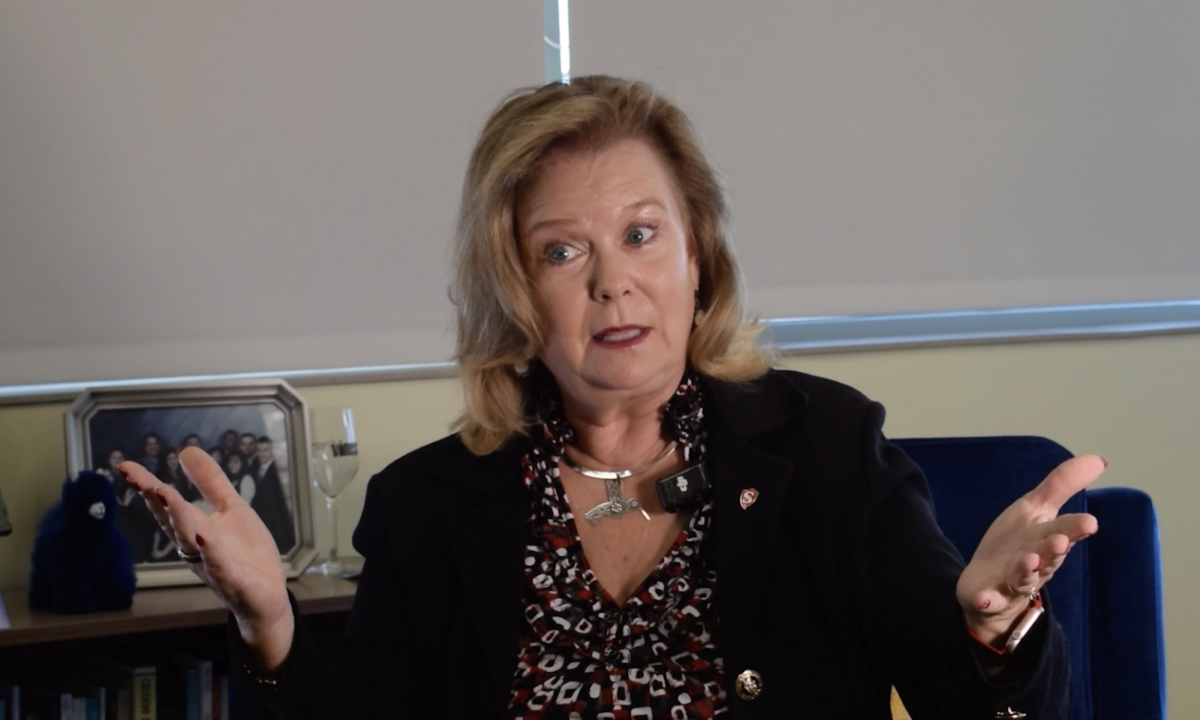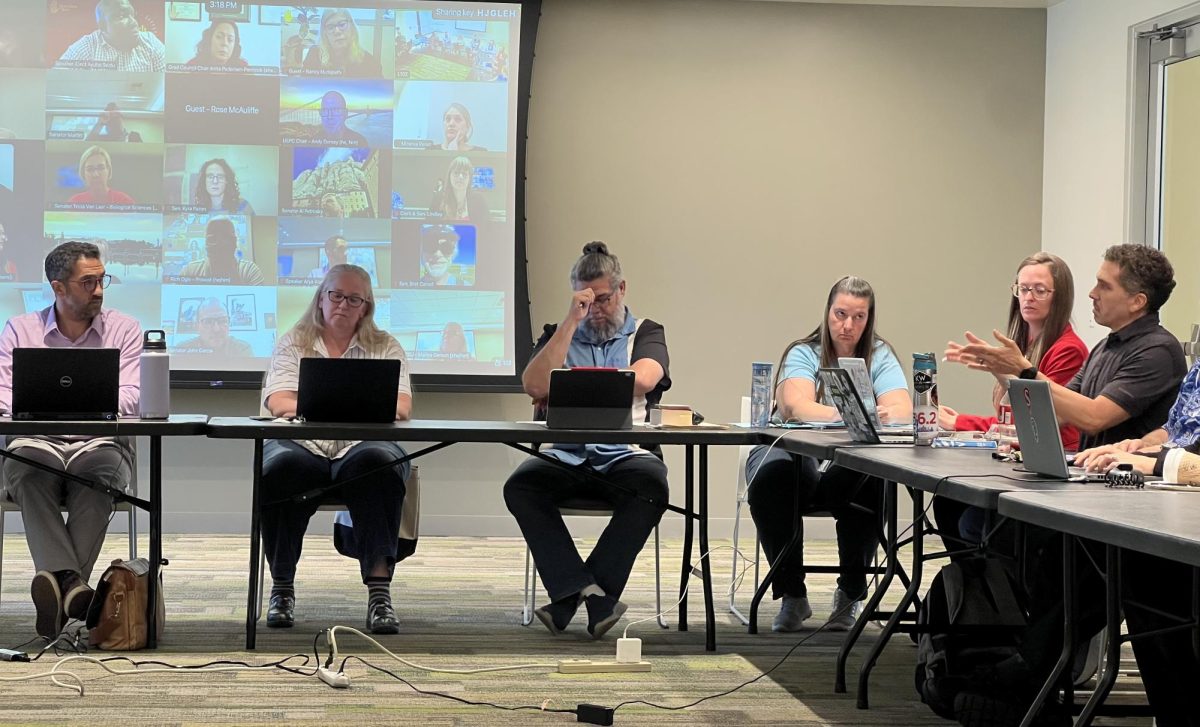On August 28, 2019, I boarded a 12 hour flight bound for Gwangju, South Korea. This would be the first time in my life I’d be all on my own, studying abroad in a foreign country with an entire ocean between me and my family
I’d never been away from home for more than a day, so the prospect of living for so long in another country seemed like a scary idea to my parents and even myself. Now that it’s been an entire year since I returned from the trip, I’ve had some time to reflect on the things I did and how those experiences changed me.
I now feel more independent and sure of myself, something I hadn’t felt before. I used to fear the unknown, but now that I have traveled to more places in the span of a few months than I had my whole life, I’m excited for wherever life is going to take me next
In retrospect, there are some things I wish I’d done differently, but for it being my first time going outside the country, let alone by myself, I believe I did a pretty good job making it home in one piece.
I want to share some advice, especially for those who will be first time travelers like I was! Before I left, I remember spending hours going through blogs, articles, and videos looking for any tips that would help prepare me for what was to come. Now, it’s my turn to give advice based on my own personal experience overseas.
It’s Okay to Worry!
Before even stepping foot in South Korea, feelings of uncertainty and worry started sprouting in my head. While the hours, days and weeks ticked closer to my departure, my mind filled with all kinds of scenarios of things going wrong, which kept me up all night.
What if I got lost? Or worse, what if I don’t make any friends and end up by myself?
Eunseo Baek (junior, Veterinary Medicine) is an exchange student from Korea studying at Stan State and shared one of her own worries before coming to the United States.
“I was very nervous because of the language barrier, but despite my lack of English pronunciation and vocabulary, faculty and friends at the campus [were] very patient and open minded,” Bark explained. “Almost all of them willingly tried to learn my Korean name as well, which is very hard to pronounce in English.”
Coming from someone who worries about the smallest things, I want to express how normal it is to have these types of feelings. Like all things in life, not everything is going to go according to plan, but trust me when I say that once you are at this different place, all those worried feelings you had will wash away and be replaced with excitement!
So even though I did get lost many, many times from getting on the wrong bus to being forgotten on one, I didn’t worry so much about it because I ended up making a great group of friends who stuck with me through it all.
You’re Going to Experience Culture Shock
After a few weeks of arriving in Gwangju and settling into the dorms at Chonnam National University, I experienced culture shock at almost every turn. It’s one of those things that every traveler goes through, especially when the country you go to has a vastly different culture from your own.
The biggest culture shock I experienced was the transportation. South Korea’s convenient transportation via buses and trains allowed me to make roundtrips from downtown and back to the front gate of the university for less than $5, while back home, we mostly rely on our cars to get around.
I got used to reading bus schedules in Korean and mapping trips around the city, which gave me a big sense of independence and responsibility.
While I knew South Korea had efficient transportation before arriving, one of the things I wasn’t prepared for was the reason they were so efficient, which is because of the speed of their services.
I still remember the first day I boarded a Korean bus. The second I tapped my card on the reader, it took off. It took every muscle in my body to not flail around as the bus went along its route. I tried to look as calm as the locals around me, who didn’t even seem to notice the speed and continued scrolling through their phones like usual.
Even by the end of my time abroad, I still wasn’t used to the fast-paced bus system, but I can’t deny they were some of the most efficient modes of transportation I’ve been on… even if it left my hands red from gripping the handrails for dear life.
Make Friends With Other Students and Locals
A piece of advice that might sound cheesy, but I feel is the most important, is to go out of your way to make friends with other students and locals. Though it can be tempting to stick with the group of friends you first made, you should still go out of your comfort zone to meet others outside the classroom or program.
Chonnam National University professor Kyun Soo Kim, who works in the Communication Studies department and taught our journalism class, offered some advice for those planning on studying abroad.
Kim agreed that exchange students should go out of their way and make friends, especially with locals.
“Meet the native people…Just make a friend, many friends! The study abroad program is very short…six months or maximum one year…One year is not enough to learn another culture so, if possible, you have to meet with native speakers,” Kim said.
It can be a little nerve wracking, especially if there is a language barrier, but you won’t know how things will turn out unless you try it! My friends and I would go out every Friday to an arcade, and by using some of the Korean we learned in class and the translating app Papago, we became friends with the workers, despite us not knowing Korean and them not knowing English.
Nam Sol (senior, Public Administration and Law) is a Korean exchange student who studied at Stan State. Sol agrees that a language barrier shouldn’t stop you from making friends.
“Even if you think [you] are not good at [a] language, be brave and get any chances to meet many people. I think the valuable moments you make will be inside of [that] relationship, especially [with] your foreign friends,” Sol said.
Be Smart with Your Money
My final two pieces of advice have to do with money. First, you don’t have to buy every single person you know a souvenir.
Miranda Isabel Ledezma (senior, Recreation Administration) of Fresno State and one of my roommates while I was abroad, believes it’s best to keep it at a minimum.
“You might want to bring back souvenirs for everyone but it’s best just to bring back [some] for a few people, that way, you’re not worrying about where to get a certain item for an individual,” Ledezma explained.
I still regret how I’d get so carried away talking to friends and family about my upcoming trip to South Korea, that I’d end most of my conversations with, “I’ll bring you back something!” This left me scrambling on my final days in the country, spending money on gifts for people I didn’t even end up seeing when I got back. Just focus on getting gifts for those who are close to you instead of worrying if an expensive keychain will be good enough for someone you hardly see or hang out with.
My second piece of advice has to do with the common worry many people share in regards to studying overseas, which causes them to be hesitant about traveling abroad: How will I be able to afford it?
You have to consider groceries, dorm fees, shopping, extra travel, souvenirs, etc., which really adds up over time. Don’t forget you are there for a whole semester, and if you spend most of your money within the first month, you might not have enough to make it through the last month.
I highly recommend checking in with the Study Abroad Office and asking about the scholarships that are available, like the Benjamin A. Gilman International scholarship, which I applied for and was eventually awarded.
It has an easy application process, and once I received it, it helped alleviate some of my financial burdens. It covered my entire dormitory and meal plan fee, allowing me to use more of what I had saved up on myself. I knew going into it that studying abroad wouldn’t come cheap, but with the help of the scholarship, I didn’t have to worry about paying for the most expensive parts of my exchange program.
If you want to learn more, you can go here for more details about the Gilman scholarship and its application process, dates, and requirements. You can aslo catch a virtual information session held by the international office to find out more about how you can take the first steps to begin your own study abroad journey!








